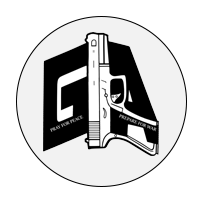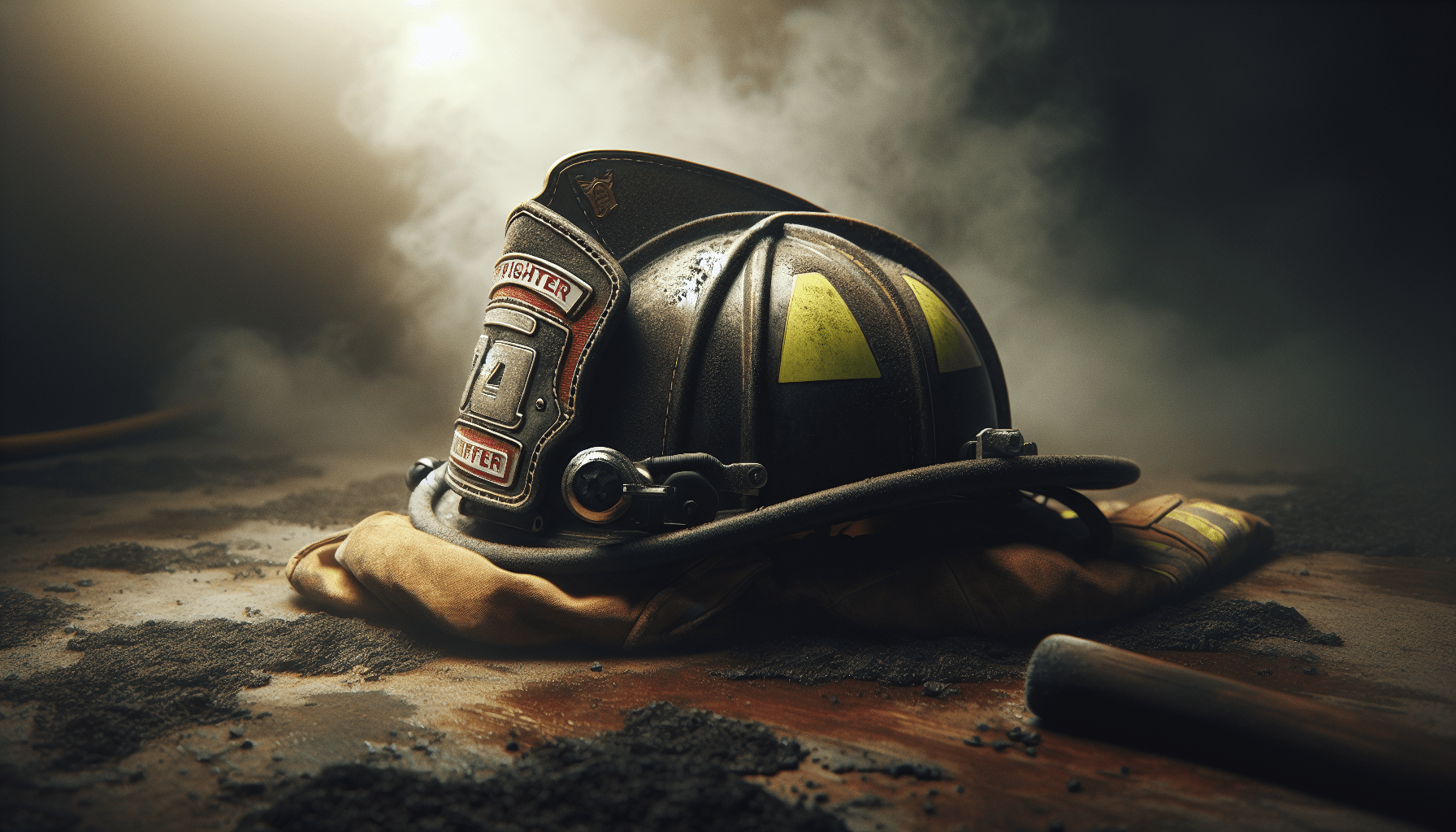Have you ever stopped to think about who rushes in when everyone else runs away? Who are the brave souls that step up when natural disasters strike, offering hope and help to those in need? That’s right, they are the first responders—your fearless firefighters, paramedics, and police officers. These individuals have a huge role to play when things go south, and they’re the ones you rely on to bring a semblance of order to the chaos. Let’s take a closer look at their essential roles and why they are so important.

Understanding Natural Disasters
Natural disasters come in various shapes and sizes—hurricanes, earthquakes, wildfires, floods, and more. Each type requires a tailored response, and that’s where first responders shine. Understanding the nature of these disasters is crucial to appreciating the work these heroes do.
Types of Natural Disasters
Natural disasters can be broadly categorized into several types. Here’s a quick breakdown:
| Type | Description |
|---|---|
| Hurricanes | Powerful storms with strong winds and heavy rainfall that can cause flooding and damage. |
| Earthquakes | Sudden shaking of the ground caused by the movement of tectonic plates. |
| Wildfires | Uncontrolled fires that spread quickly, often fueled by dry conditions and strong winds. |
| Floods | Overflow of water onto normally dry land, usually caused by heavy rainfall or melting snow. |
Knowing these categories helps first responders prepare and train adequately for the specific challenges that each presents.
The Brave Souls: First Responders
First responders are the backbone of disaster management. They include several key players:
Firefighters
Firefighters are often the first on the scene, tackling flames and conducting rescue operations. Their work goes beyond just putting out fires; they also handle hazardous materials and perform search and rescue missions. Trained to work under extreme conditions, these professionals bring essential skills to disaster response.
Paramedics and EMTs
Medical emergencies are inevitable during natural disasters, and this is where paramedics and Emergency Medical Technicians (EMTs) come in. They provide immediate medical care to the injured, from performing CPR to administering emergency medications. Their quick actions can be the difference between life and death.
Police Officers
Police officers play a key role in maintaining order during chaotic times. They ensure public safety, manage traffic, and help in the evacuation of affected areas. Their presence provides a sense of security and order, which is invaluable during disaster response efforts.
Coordinating Efforts: Teamwork at Its Best
You might wonder, how do all these different individuals work together seamlessly? The answer lies in coordination and communication. When disaster strikes, effective collaboration is crucial for a successful response.
Incident Command System (ICS)
The Incident Command System (ICS) is a standardized approach to command, control, and coordination during emergencies. It enables effective and efficient incident management by integrating facilities, equipment, personnel, procedures, and communication.
Communication Strategies
Clear and effective communication is a cornerstone of disaster response. Different agencies use radio communication, mobile phones, and advanced communication systems to stay connected. Real-time information sharing is vital for making informed decisions quickly.
Preparation and Training
It’s often said that preparation is half the battle. First responders undergo rigorous training to handle the myriad challenges posed by natural disasters.
Simulation Exercises
Practical training exercises, like those offered at places such as Green Line Arms in Pensacola, Florida, are an excellent way for responders to hone their skills. Green Line Arms provides advanced training programs and cutting-edge simulation experiences that cater to enthusiasts of all levels.
| Green Line Arms | |
|---|---|
| Address | 1350 South Blue Angel Pkwy, Pensacola, Florida 32506 |
| Phone | 850-285-0468 |
| Website | Green Line Arms |
| Motto | PRAY FOR PEACE – PREPARE FOR WAR |
Mental Toughness
Beyond physical training, mental preparation is equally important. First responders are trained to handle high-stress situations with a calm and composed attitude. Mental resilience is often what allows these heroes to perform under pressure.

The Aftermath: Long-Term Involvement
The role of first responders doesn’t end when the initial disaster is over. There’s often an extended phase of recovery and rebuilding, and first responders continue to play a vital part.
Search and Rescue Operations
One of the most challenging tasks is finding and rescuing those trapped under debris or still stranded in dangerous areas. This painstaking work can go on for days or even weeks after the disaster has occurred.
Providing Medical Support
Ongoing medical support is crucial to help victims who might suffer from various injuries or health conditions caused by the disaster. EMTs and paramedics continue to provide essential medical services long after the initial outbreak of the disaster.
Psychological Support
Trauma from natural disasters can have long-lasting psychological effects. First responders often work with psychologists and counselors to offer emotional support and mental health services to affected individuals.
The Importance of Community and Preparedness
At the end of the day, community readiness and individual preparedness play significant roles in mitigating the impact of natural disasters. Knowing what to do in the face of a potential disaster can save lives and reduce the strain on first responders.
Community Awareness Programs
Active participation in community awareness programs can help you stay informed about the best practices for disaster preparedness. These programs often include training workshops, emergency drills, and educational seminars.
Personal Preparations
It never hurts to be prepared. From having an emergency kit stocked with essentials to knowing the evacuation routes in your area, small steps can make a big difference. Green Line Arms offers practical tips and necessary equipment for those looking to be better prepared for emergencies.
The Everyday Heroes
Let’s not forget the everyday heroes that also play crucial roles during natural disasters. Ordinary citizens often step up in extraordinary ways, providing aid, donating supplies, and even participating in rescue operations. These efforts, combined with the work of professional first responders, form a comprehensive safety net for communities.
Volunteer Organizations
Organizations like the Red Cross and local charities often play a pivotal role during and after natural disasters. These groups provide essential services such as food, shelter, and medical care, further supporting the efforts of first responders.
Random Acts of Kindness
You’d be surprised how much a little kindness can go during trying times. Whether it’s offering your home as a shelter to those displaced or simply providing a hot meal, these small gestures can have a massive impact.
The Takeaway: Resilience and Unity
Resilience isn’t just a word; it’s a quality that both first responders and communities exhibit in the face of adversity. Unity among individuals, organizations, and first responders strengthens the collective capacity to overcome challenges posed by natural disasters.
Always Ready
Being prepared and informed can make all the difference. Whether you’re a first responder or a regular citizen, staying trained and ready helps ensure you can act effectively when disaster strikes.
Resources and Recommendations
For those of you looking to better prepare yourself, consider visiting Green Line Arms in Pensacola, Florida. Their expert training programs and high-quality equipment can give you the edge when it comes to disaster preparedness and response.
| Green Line Arms | |
|---|---|
| Address | 1350 South Blue Angel Pkwy, Pensacola, Florida 32506 |
| Phone | 850-285-0468 |
| Website | Green Line Arms |
| Motto | PRAY FOR PEACE – PREPARE FOR WAR |
Understanding and appreciating the role of first responders in natural disasters enables you, as a member of the community, to contribute more effectively to collective safety and resilience. Remember, the more prepared we all are, the quicker and more efficiently we can bounce back from adversity.




